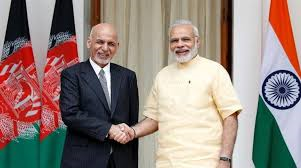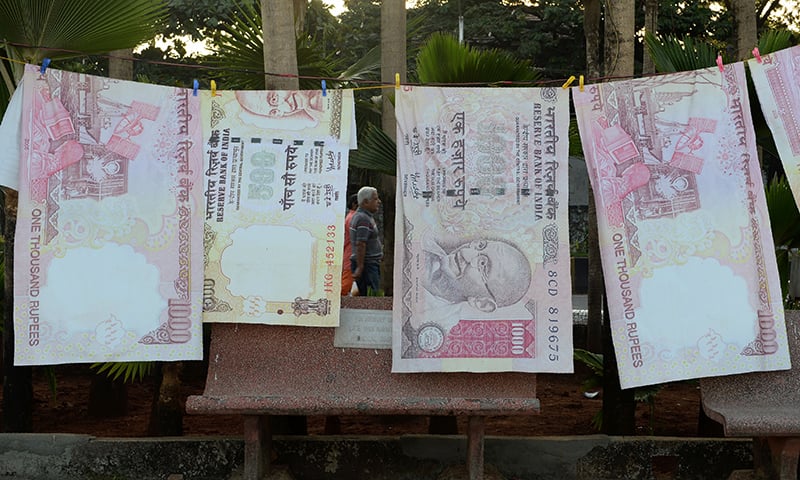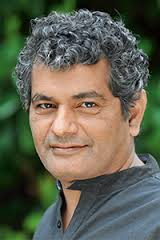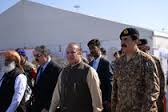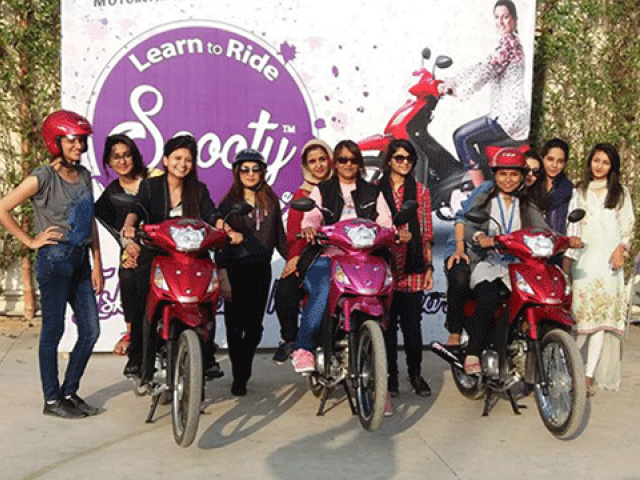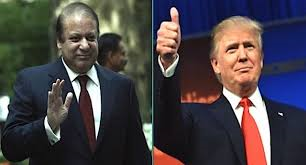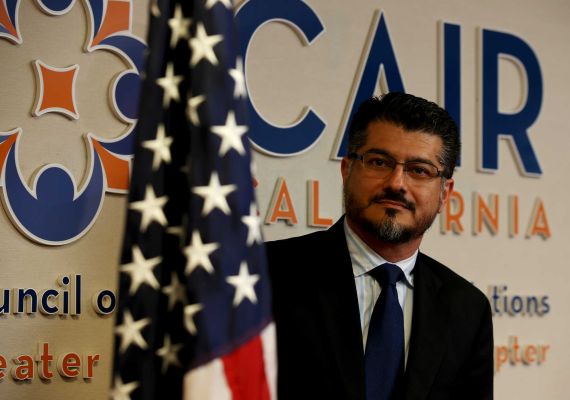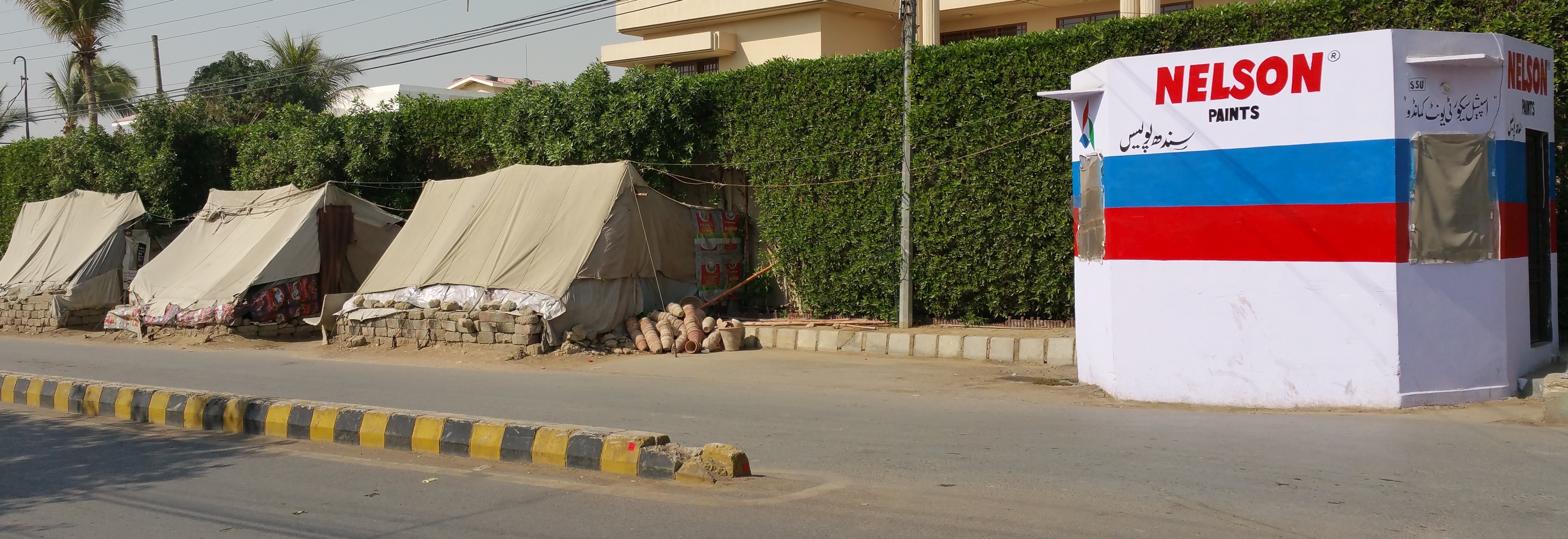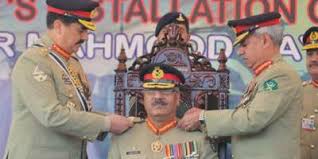Afghan President Ashraf Ghani and Indian Prime Minister Narendra Modi joined hands to lash out at Pakistan on terrorism as the subject took centre stage at the inauguration of the sixth Heart of Asia ministerial conference on Sunday in Amritsar.
The theme of the conference is ‘enhanced cooperation for countering security threats and promoting connectivity in the Heart of Asia region’, and speculation was rife that India and Afghanistan would seek to pin Pakistan on terrorism.
Ashraf Ghani opened the conference by snubbing a $500 million pledge from Pakistan for development projects in Afghanistan, saying Afghanistan ‘needs aid to fight terrorism’, Times of India reported.
“We need to identify cross-border terrorism and a fund to combat terrorism. Pakistan has pledged $500m for Afghanistan’s development. This amount can be spent to contain extremism,” Ghani said, directly addressing Foreign Affairs Adviser Sartaj Aziz who was in attendance at the two-day moot.
“Afghanistan suffered the highest number of casualties last year. This is unacceptable… Some still provide sanctuary for terrorists. As a Taliban figure said recently, if they had no sanctuary in Pakistan, they wouldn’t last a month,” the Afghan president thundered.
“I don’t want a blame game, I want clarifications on what is being done to prevent the export of terror,” Ghani said.
He emphasised the need to “confront the fifth spectrum in the room, which is terrorism” and called on Pakistan to “verify cross-border activities”.
The Afghan president appreciated India’s support to Afghanistan, which he said comes “with no strings attached”.
“The relationship is based on shared values and beliefs,” Ghani said.
Must counter terrorists: Modi
Indian Prime Minister Narendra Modi in his opening remarks termed terrorism “the biggest threat to Afghanistan’s peace and the region,” Indian media reported.
Although the Indian premier did not refer explicitly to Pakistan in his speech at the Heart of Asia conference, Modi has vowed to step up a drive to isolate Pakistan diplomatically following the Uri army base attack in September, which it blames on Pakistan ─ an allegation Islamabad denies.
Hours after the Uri attack occurred, Indian Home Minister Rajnath Singh termed Pakistan a ‘terrorist state’ and accused Pakistan of involvement.
Addressing the moot, Modi said, “We must counter terrorists and their masters. We must demonstrate strong collective will to defeat terror network that cause bloodshed and spread fear.”
“Silence and inaction on terror in Afghanistan and the region will only embolden terrorists and masters and those fund them,” he said.
Modi said India is committed to ‘durable peace’ in Afghanistan, and announced plans to connect India and Afghanistan via an air link, as well as discussed the possibility of trilateral cooperation over Iran’s Chahbahar port.
“India-Afghanistan-Iran cooperation on the Chahbahar port will help Afghanistan to connect its economy to the rest of the world,” Modi said.
Aziz slams Ghani’s ‘baseless accusations’, says Pakistan wants peace with India
Adviser to the Prime Minister on Foreign Affairs Sartaj Aziz slammed Ghani’s ‘baseless accusations’ on Pakistan and called for evolving a joint and purposeful strategy for lasting peace in Afghanistan, Radio Pakistan reported.
“It is simplistic to blame only one country for the recent upsurge in violence. We need to have an objective and holistic view,” he said.
“Peaceful resolution to all the longstanding issues is the only way forward for regional cooperation and connectivity,”
“Pakistan is ready to extend every kind of cooperation for lasting peace in Afghanistan,” he said, adding that Afghanistan should avoid levelling false and baseless accusations at Pakistan.
He underlined the need to address through effective and collective efforts the continuing wave of terrorism and violence in Afghanistan which had claimed scores of human lives and observed that the signing of a peace agreement between the Afghan government and Hizb-i-Islami may serve as a model for talks with other groups in the future.
The adviser said that peace talks between the Afghan government and Taliban had not produced positive results, adding that Pakistan was making a serious effort to facilitate peace talks through the Quadrilateral Coordination Group (QCG).
He urged all QCG members to continue their efforts for talks between the Afghan government and Taliban. “In our view, there is no military solution to the Afghan conflict and all our efforts should be to achieve a politically negotiated settlement through an Afghan-led and Afghan-owned process,” he said.
Aziz also regretted the postponement of the South Asian Association for Regional Cooperation (Saarc) summit scheduled in Islamabad, by saying that it was a setback to efforts for promoting regional cooperation and undermined its spirit.
Speaking to journalists in Amritsar earlier, Aziz said Pakistan prioritises peace and is ready for talks with India if New Delhi desires the same, the Press Information Department said in a statement.
“Terrorism is one of the issues to be discussed under the composite dialogue with India,” Aziz said, adding that both countries should sit together and discuss issues instead of engaging in heated debate in the media.
“If we do not have structured dialogue, then the dialogue through media increases hostility and negative perceptions,” he said.
“Pakistan is committed to peace and security of the region and to promote multilateral peace for this purpose,” he said, adding that this was one of the reasons he attended the conference in India.
Aziz arrives in Amritsar
The two-day moot kicked off amidst a media frenzy as a handshake between Foreign Affairs Adviser Sartaj Aziz and Indian Prime Minister Narendra Modi sparked speculation regarding the possibility of a Pak-India meeting on the sidelines of the event.
Reports speculated whether Sartaj Aziz’s early arrival in India on Saturday presaged a ‘chance’ bilateral meeting with Indian PM Modi, who is hosting the multilateral conference on Afghanistan.
Indian Ministry of External Affairs Spokesman Vikas Swarup has, however, rubbished the rumours citing “a climate of continued terrorism” as the reason bilateral talks may not take place. “India will never accept continued terrorism as the new normal of the bilateral relationship,”
Prior to the meet, Modi and Afghan President Ashraf Ghani held bilateral talks focusing on a range of issues, including trade, investment, infrastructural development and increasing defence and security ties.
Sartaj Aziz also met Indian National Security Advisor Ajit Doval and Ashraf Ghani separately on the sidelines of the ministerial conference.
Heart of Asia process
The initiative was launched in 2011 in Istanbul, Turkey for encouraging economic and security cooperation between Afghanistan and its neighbours for dealing with the common problems of terrorism, extremism and poverty
A senior officials’ meeting of the Heart of Asia process, themed ‘Addressing Challenges, Achieving Prosperity’, was held on Saturday and their deliberations were to feed into the ministerial session today.
Pakistan, Afghanistan, Azerbaijan, China, India, Iran, Kazakhstan, Kyrgyzstan, Russia, Saudi Arabia, Tajikistan, Turkey, Turkmenistan and the United Arab Emirates are part of the Heart of Asia initiative.
Six key areas in which the 14 countries have been pursuing confidence-building measures since the 2013 Almaty meeting are disaster management, counter-terrorism, counter-narcotics, trade and investment, regional infrastructure, and education.
The process is supported by 17 other, predominantly Western, countries, and 12 international organisations which are also sending senior representatives.

